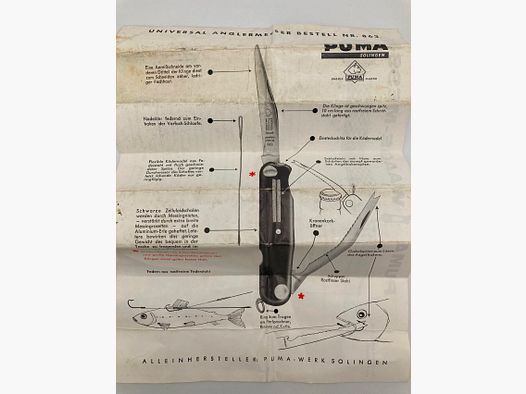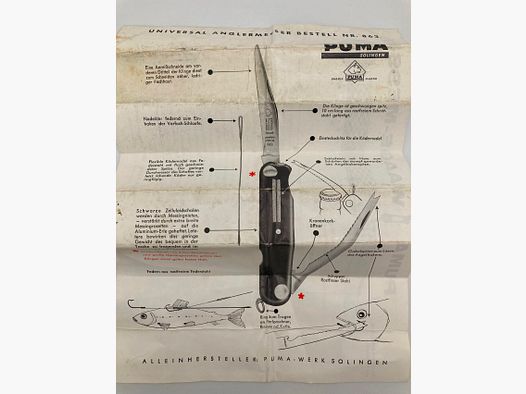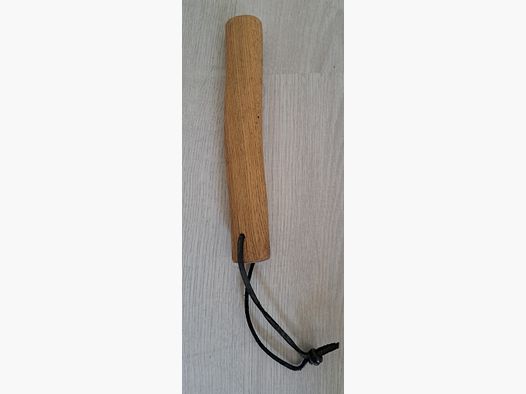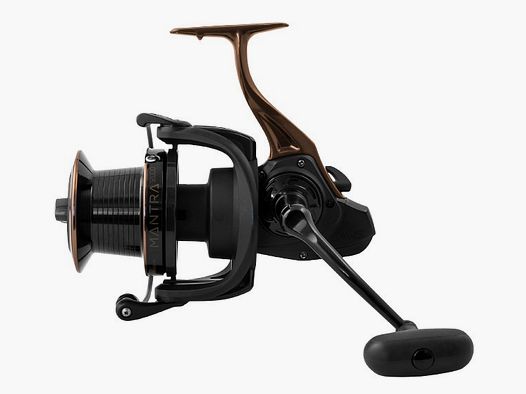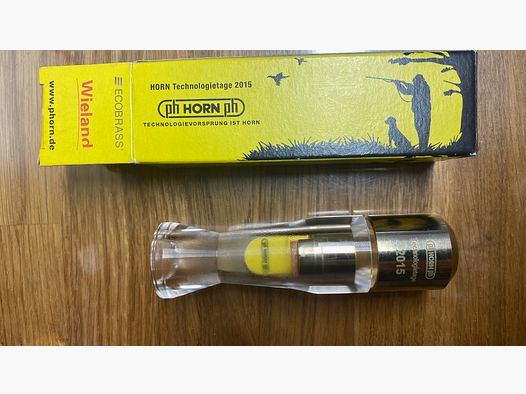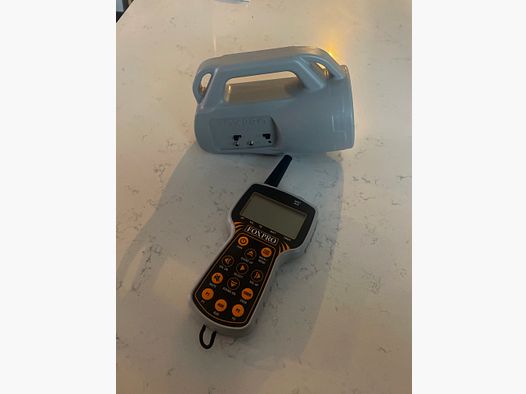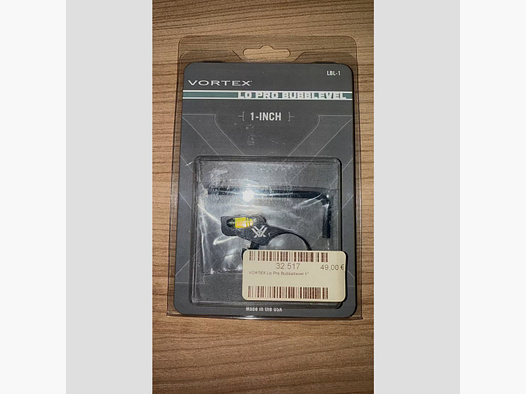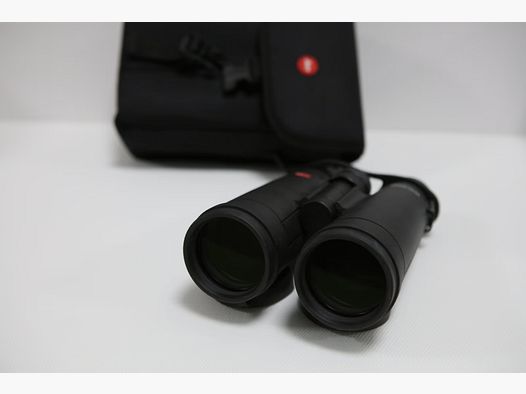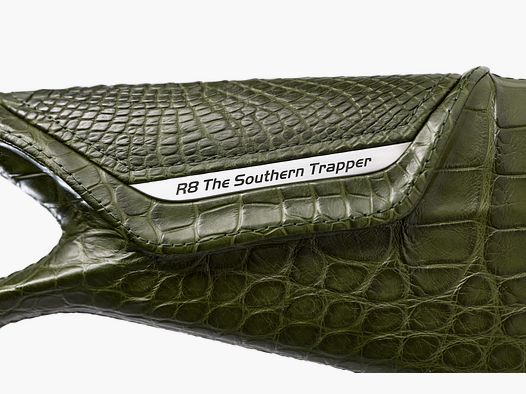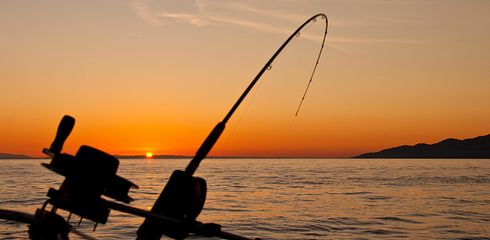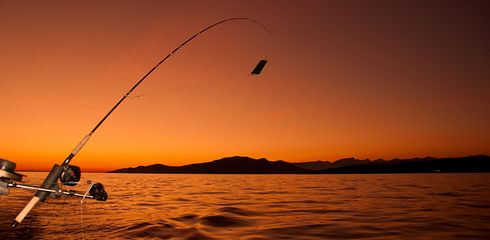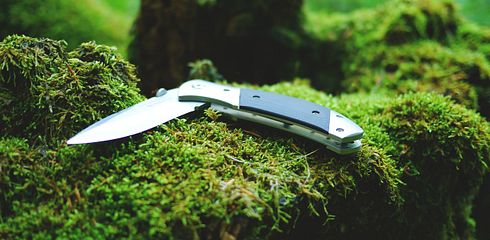An essential part of a successful fishing trip is the right equipment, and this undoubtedly includes a high-quality fishing tent. Although it may seem simple at first glance to choose a tent, there are many factors to consider to ensure it meets the needs of every angler. In this article, we will highlight the different types of fishing tents, their features, and important considerations when selecting one.
Types of Fishing Tents:
Dome Tents: Dome tents are popular among anglers who value easy setup and portability. They are stable and usually provide enough space for one person and their fishing gear. The rounded design allows for good wind resistance.
Pop-up Tents: These tents are known for their lightning-fast setup. With the simple "pop-up" design, a pop-up tent can be set up in seconds. Ideal for anglers who want to quickly change their position.
Carp Tents: Specifically designed for carp anglers, carp tents often offer more space to comfortably spend long hours by the water. They are generally larger and come with additional features like windows and ventilation slots.
Bivvies: Bivvies are compact, mobile shelters for anglers who want to travel light. They provide protection from the elements and are usually spacious enough for one person and their gear.
Important Considerations When Choosing:
Size and Capacity: The choice of the right size depends on the number of people who will use the tent, as well as the amount of gear that needs to be accommodated. Some anglers prefer more space to sit comfortably or store additional equipment.
Material and Waterproofing: High-quality materials like polyester or nylon are lightweight yet durable. Additionally, the tent should have sufficient waterproofing to provide protection during sudden rain showers or bad weather.
Ventilation: A good ventilation system is crucial to minimize condensation inside the tent. Windows with mosquito nets not only allow fresh air to enter but also protect against pesky insects.
Setup and Transport: A tent that is easy to set up saves time and effort, especially after a long journey to the fishing spot. Transport-friendly features, such as lightweight and compact packaging, are also advantageous.
Resistance to the Elements: A robust tent should be able to withstand wind, rain, and sunlight. Seams and zippers should also be weatherproof to avoid leaks.
Conclusion:
Choosing the right fishing tent is crucial for the success of a fishing trip. It is important to consider individual needs and preferences to find a tent that meets one's requirements. With the various types of fishing tents and the considerations mentioned above, anglers can ensure that they sit at their fishing spot not only dry and protected but also comfortably and contentedly.



